
Falling in love across faith lines feels exciting at first because you get to learn about a world different from your own. But once the relationship deepens, you realize there are hidden struggles that only the two of you carry. They don’t take away from the love, but they can test your patience, flexibility, and strength in ways other couples may never experience.
Blending Holiday Traditions

Holidays bring joy, but for interfaith couples, they can also stir quiet stress. One partner may picture Christmas morning with stockings while the other feels deeply connected to lighting candles during Diwali or Hanukkah. It’s not about choosing which is better but about how to weave them together without losing meaning. Creating shared rituals sounds easy, but letting go of childhood traditions never is.
Family Approval Doesn’t Come Easy
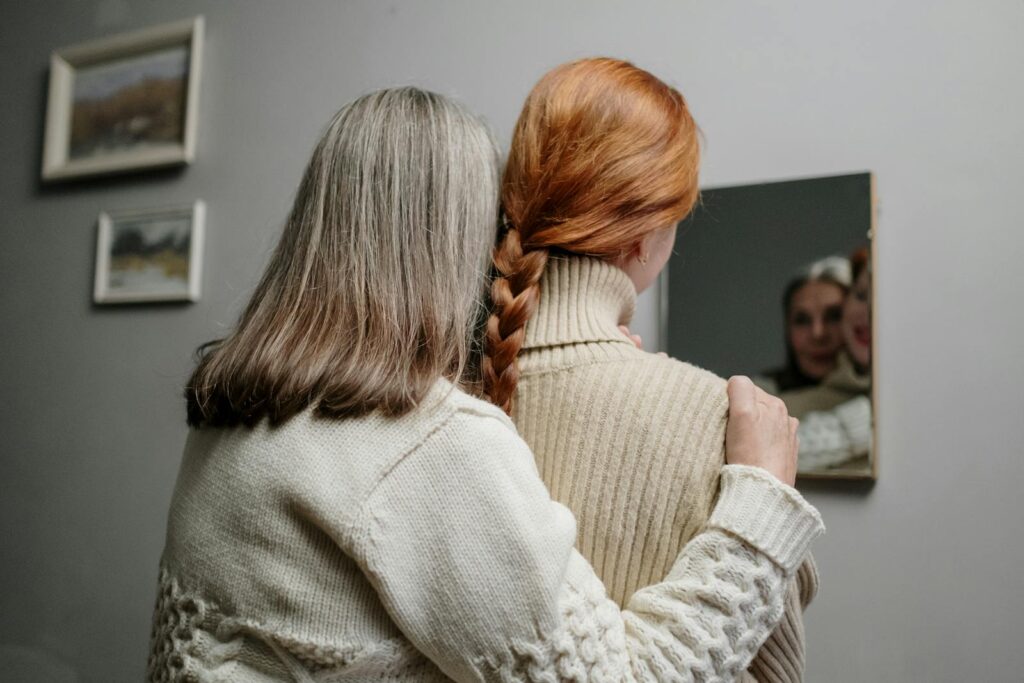
When families learn their child is marrying outside the faith, reactions can be complicated. Some show polite smiles while quietly carrying disappointment, while others are more vocal in their objections. Explaining again and again why love matters more than religious lines can feel draining. The hardest part isn’t convincing strangers—it’s watching your own parents hesitate to fully celebrate your happiness.
Planning a Wedding Together

Weddings should be a time of joy, but decisions can quickly turn heavy in interfaith relationships. Do you choose a church, a temple, or perhaps a neutral venue? Which customs stay and which quietly disappear? Something as small as vows or rituals can feel very tense for you both. Instead of arguing about flowers or music, couples often find themselves negotiating whose faith is honored.
The Question of Children
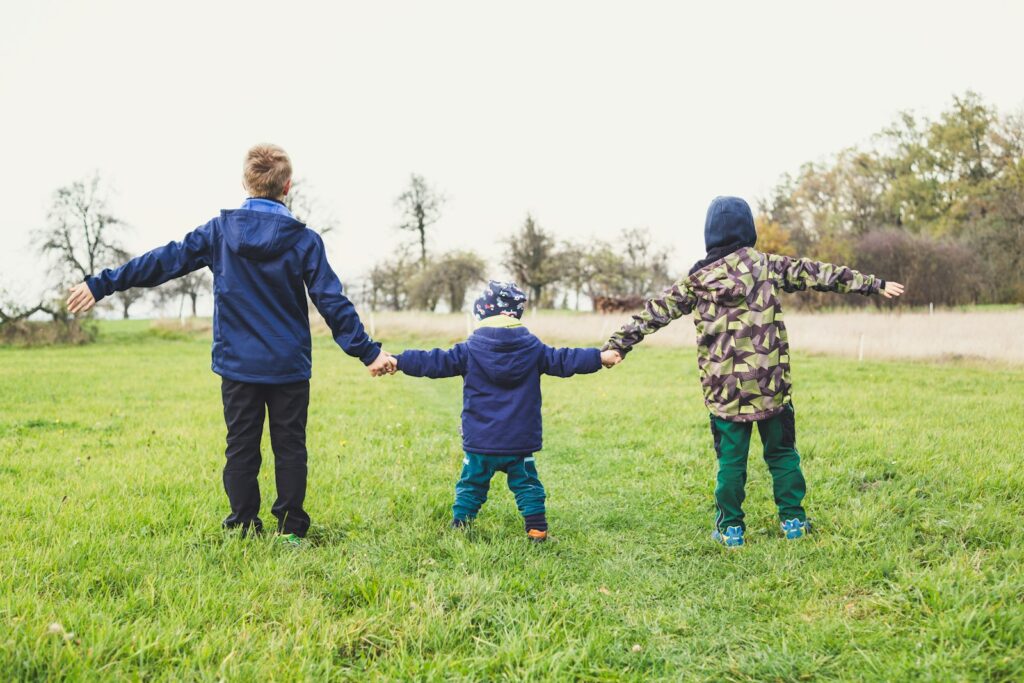
Few topics cause more tension than how to raise children. One partner may dream of baptisms or bar mitzvahs, while the other wants the child to experience freedom from strict labels. At first, couples push this conversation aside, but once a baby arrives it feels urgent. It isn’t just about religion—it’s about giving children identity, belonging, and a sense of where they come from.
Pressure to Convert

Conversion is a conversation many couples face, sometimes pushed by family and sometimes by religious leaders. It doesn’t always come as a demand—it can sound like a suggestion, a blessing, or a question that keeps resurfacing. The problem is that conversion is rarely a small adjustment. It can feel like being asked to reshape who you are at your core, and that pressure can stay for years.
Lost in Translation During Rituals

Sitting through a prayer or service in another language may sound harmless, but it can leave one partner feeling like an outsider. You might be next to each other physically yet emotionally far apart. Without understanding the words, the weight of the ritual slips by, and what moves one partner deeply can feel empty to the other. That gap isn’t easy to close.
Different Ideas of Respect
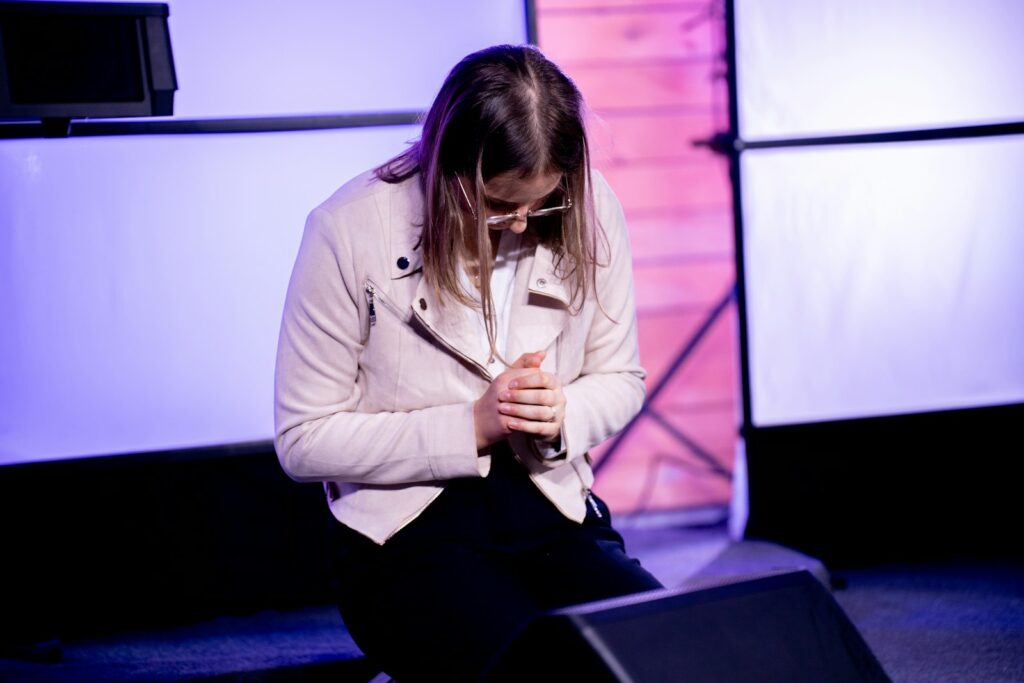
Respect looks different across faiths, and that creates misunderstandings. One partner may kneel in prayer while the other bows their head silently. To outsiders, both gestures look fine, but inside the relationship, it can raise the question: Am I doing enough? Couples don’t mean to hurt each other, but small differences in worship or rituals can sometimes feel like a lack of reverence.
Food Creates Silent Friction
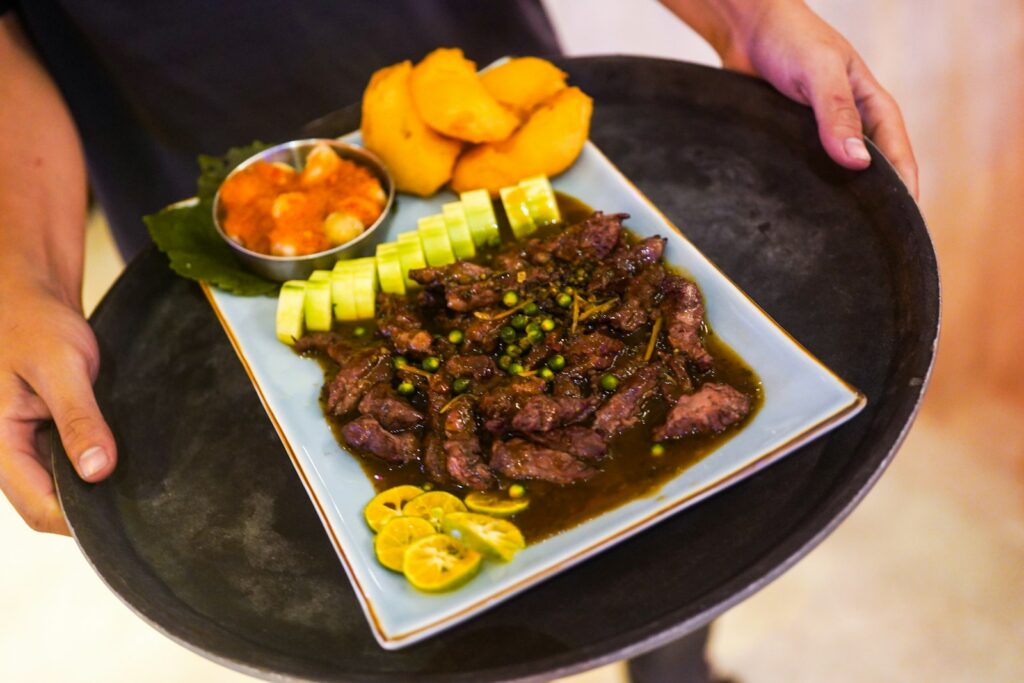
Sharing meals sounds pretty simple, yet faith makes food choices deeply personal. One partner may avoid beef or pork, while the other doesn’t think twice about ordering it. Cooking dinner together or deciding where to eat out suddenly becomes a bigger task than it should. Even with compromises like getting different dishes, there’s always a reminder that you don’t share the same table completely.
Sunday Mornings Look Different

For some people, Sunday morning is sacred, while for others it’s just a chance to sleep in or head to brunch. That difference sounds small but plays out every week. One partner may leave for service feeling supported, while the other stays home feeling guilty. It isn’t about belief alone—it’s about how daily rhythms fail to line up in a way that feels seamless.
Carrying Silent Guilt

Guilt has a way of creeping in, even when both partners choose love wholeheartedly. One of them might feel they’ve let down their parents’ expectations (or disappointed someone they’re very close to), while the other fears they’re drifting from their faith. All these feelings don’t always make it into conversations, yet they linger in the background. Loving each other while wrestling with inner guilt can feel like holding two truths at once.
Tension Around Family Ceremonies
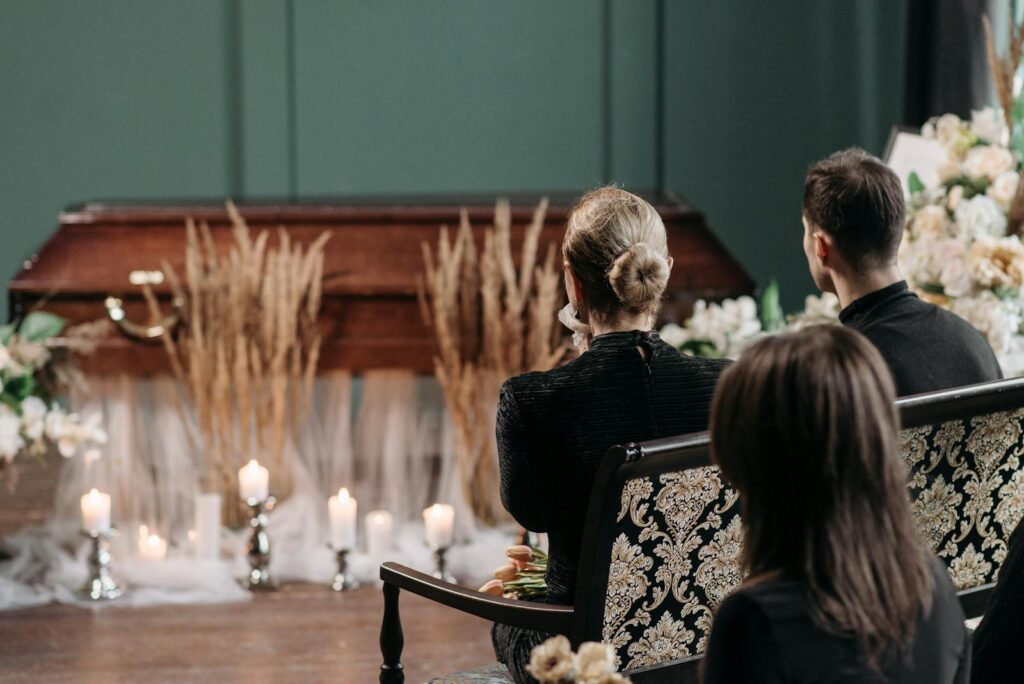
Big family events like baptisms, funerals, or coming-of-age rituals can show differences in a way nothing else does. A partner who sits through a service without joining in may unintentionally draw stares or whispers. Obviously, all couples want to show respect, but they can’t always erase the feeling of standing apart. These moments reveal just how deeply religion and community intertwine.
Everyday Assumptions From Friends

Friends don’t always think before they ask. They’ll casually wonder what church you attend together or whether you’ll be fasting for Ramadan. Correcting them feels tiring after the tenth time, and laughing it off doesn’t make it sting less. Those little assumptions remind couples that their love doesn’t fit the mold most people expect, and that invisibility can weigh on them more than they admit.
Culture and Faith Overlap

Religion doesn’t live in isolation—it comes tied with cultural expectations. Something as simple as clothing at a wedding, music at a celebration, or the way greetings happen at gatherings can create conflict. To one partner, it feels like tradition; to the other, it may feel like pressure. These aren’t small matters, because in families, cultural gestures carry more weight than most realize.
Public Judgment Hurts

Interfaith couples may pretend not to notice the looks or quiet comments in certain settings, but let’s be honest—it still hurts. You can ignore strangers, but when someone makes a remark about your relationship not “belonging,” it cuts deeper. Couples learn to put on a brave face, but inside, they carry the sting of being reminded that some people don’t see their love as valid.
Uncertain Futures

Even strong couples admit that questions about the future never fully disappear. Will children feel torn between different identities? Will family tensions fade over time? Will one partner sacrifice more than the other? These kinds of questions rarely get any neat answers, yet they sit quietly in the background. Love doesn’t erase uncertainty—it just gives people the courage to live with it.

